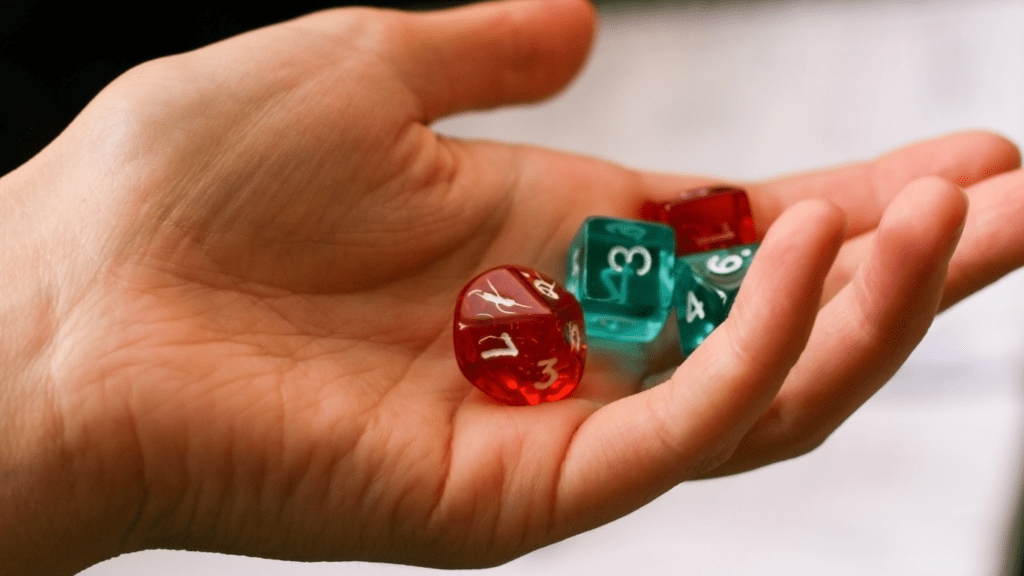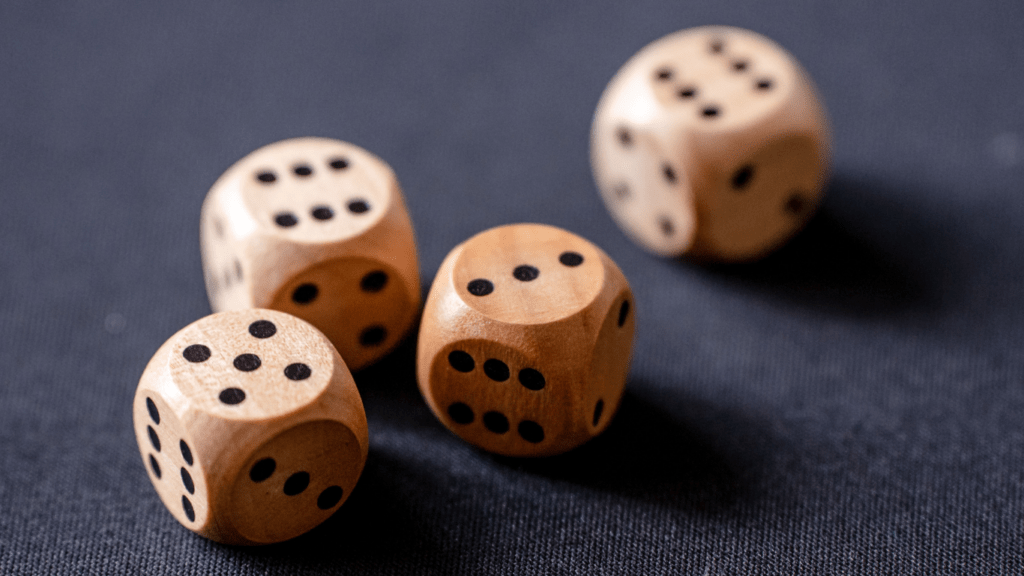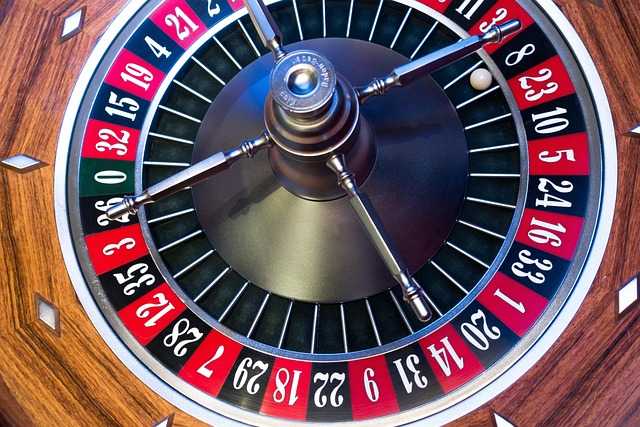Understanding the Role of Luck in Gambling
Luck plays a crucial role in gambling culture. It influences players’ behaviors and outcomes during their gaming experiences.
Cultural Perspectives on Luck
Different cultures view luck in distinct ways. In Western cultures, the rabbit’s foot is considered a good luck charm. Conversely, in Asian cultures, the number 8 represents prosperity.
These cultural beliefs shape how gamblers approach their games and rituals.
Psychological Impact of Believing in Luck
Believing in luck significantly impacts a gambler’s mindset. Players often feel more confident and less anxious when they think luck is on their side.
This confidence can lead to riskier bets and prolonged gaming sessions, impacting overall gambling behavior.
Superstition and Its Grip on Gamblers
Superstition strongly influences many gamblers’ minds. These beliefs shape behaviors and decision-making processes, often dictating how and when players place bets.
Common Gambling Superstitions
Common superstitions among gamblers include wearing specific clothing, carrying certain items, and following ritualistic behaviors. For example:
- Lucky Charms: Items like rabbit’s feet, horseshoes, or four-leaf clovers.
- Lucky Numbers: The number 7 in Western cultures, the number 8 in Asian cultures.
- Routine Actions: Tapping the table a certain number of times, blowing on dice.
These superstitions provide gamblers with a sense of control and comfort in often unpredictable situations.
The Effect of Superstitions on Gambling Behavior
Superstitions can significantly impact gambling behavior by instilling confidence and reducing anxiety.
When players believe in lucky symbols or rituals, they feel more secure in their bets and actions.
This confidence frequently leads to riskier bets and prolonged gaming sessions. Players might also exhibit loss-chasing behavior, convinced that their luck will turn.
A study published in the “Journal of Gambling Studies” shows that superstitious behaviors often result in cognitive biases, affecting logical decision-making.
This means that reliance on superstition can skew perceptions of odds and probability, pushing gamblers to make irrational choices they might otherwise avoid.
The Intersection of Luck and Skill in Gambling

The interplay between luck and skill in gambling shapes players’ strategies and their perception of the game. Although luck seems dominant, skill often plays a crucial role in long-term success.
When Skill Takes Over
Skill becomes vital in games where decision-making directly affects outcomes, such as poker and blackjack.
For example, poker requires understanding probability, reading opponents, and strategic betting. Blackjack involves card counting and optimal play strategies.
In these games, skilled players can leverage their knowledge to increase their chances of winning. While luck might determine a single game’s outcome, skill influences results over multiple sessions.
The Continued Belief in Luck Despite Odds
Despite the undeniable role of skill, gamblers cling to luck-based beliefs. Slot machine players use rituals and lucky charms, believing these actions affect their outcomes.
Bettors on sports events pick lucky jerseys or follow rituals like tapping the ticket before placing a bet. These practices persist even with fully random games where skill has no impact.
This shows that the emotional comfort derived from luck often overshadows logical probability considerations.
Societal and Economic Implications
Gambling superstitions shape not only individual experiences but also societal and economic landscapes. How these beliefs integrate into broader contexts reveals interesting patterns and outcomes.
How Gambling Superstitions Affect the Economy
Superstitions influence economic activity in several ways.
- Casinos design environments to cater to players’ beliefs, like avoiding the number 13 on floors or tables, directly impacting infrastructure.
- Marketing strategies tap into these beliefs, creating lucky promotions, which boost patron engagement and spending.
- Financially, the reliance on superstitions can lead to larger bets and extended gaming periods, increasing revenue for gambling institutions.
In Macau, for example, gamblers avoid unlucky days, significantly affecting daily earnings.
The Social Aspect of Gambling Culture
Superstitions extend into the social fabric of gambling communities. Shared beliefs, like lucky rituals and numbers, foster a sense of identity and belonging among gamblers.
Social interactions often revolve around these shared practices, reinforcing community bonds. In public settings like bingo halls, these superstitions build connections as people engage in collective behaviors.
This shared culture enhances the overall gambling experience, making it not just a game but a communal activity imbued with meaning.
| Economic Aspect | Influence of Superstitions |
|---|---|
| Infrastructure Design | Avoidance of unlucky numbers, strategic layouts |
| Marketing Strategies | Lucky promotions and themed events |
| Revenue Generation | Larger bets, longer sessions |
| Regional Income Variability | Fluctuations based on lucky/unlucky days |
Understanding these societal and economic dynamics reveals how deep-rooted superstitions are in gambling culture.

 Ronald Lemmon is a skilled and dedicated article writer at Spin Win Safely, where his expertise and passion for the online gambling industry are evident in his engaging and informative content. Although he is not the founder or chief editor, Ronald's contributions are essential to the platform's mission of providing comprehensive and reliable information to its readers.
Ronald specializes in crafting detailed reviews of online casinos, game strategies, and industry news, ensuring that Spin Win Safely remains a go-to resource for both novice and experienced gamblers. His ability to simplify complex topics and present them in an accessible and engaging manner has earned him a loyal following among readers who value his clear and concise writing style.
Through his articles, Ronald promotes responsible gaming practices, helping players make informed decisions and enjoy a safer and more enjoyable gambling experience. His dedication to delivering high-quality content and his commitment to the platform's goals make him an invaluable member of the Spin Win Safely team, contributing significantly to the site's reputation as a trusted authority in the online gambling community.
Ronald Lemmon is a skilled and dedicated article writer at Spin Win Safely, where his expertise and passion for the online gambling industry are evident in his engaging and informative content. Although he is not the founder or chief editor, Ronald's contributions are essential to the platform's mission of providing comprehensive and reliable information to its readers.
Ronald specializes in crafting detailed reviews of online casinos, game strategies, and industry news, ensuring that Spin Win Safely remains a go-to resource for both novice and experienced gamblers. His ability to simplify complex topics and present them in an accessible and engaging manner has earned him a loyal following among readers who value his clear and concise writing style.
Through his articles, Ronald promotes responsible gaming practices, helping players make informed decisions and enjoy a safer and more enjoyable gambling experience. His dedication to delivering high-quality content and his commitment to the platform's goals make him an invaluable member of the Spin Win Safely team, contributing significantly to the site's reputation as a trusted authority in the online gambling community.
